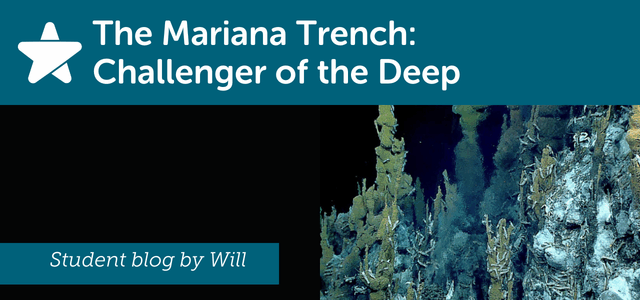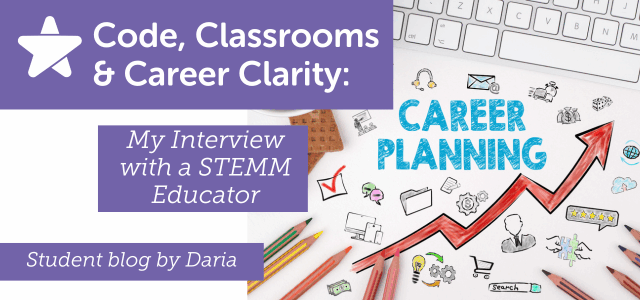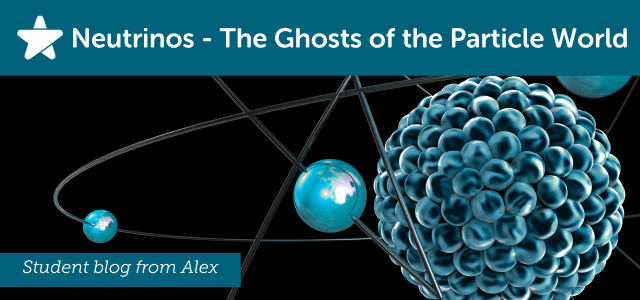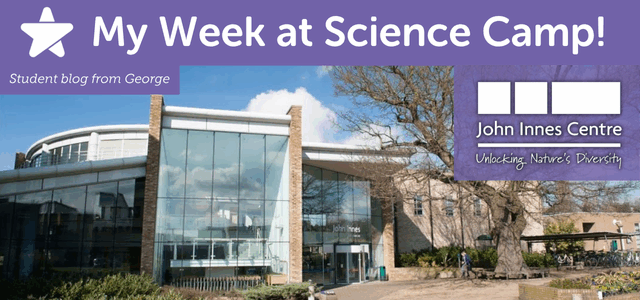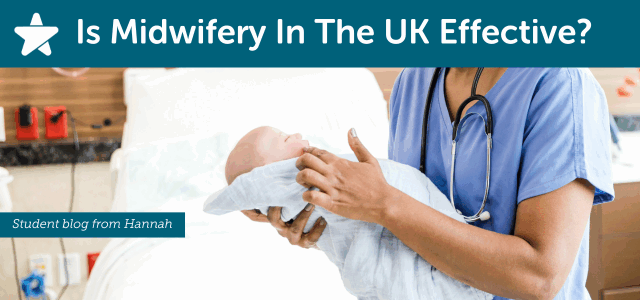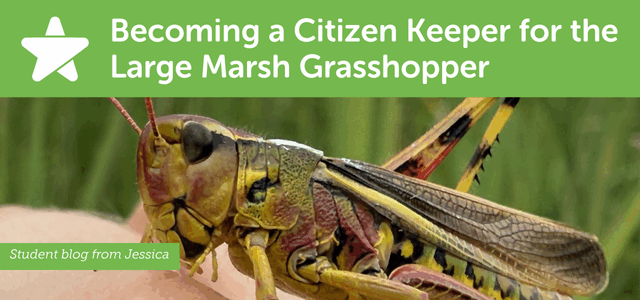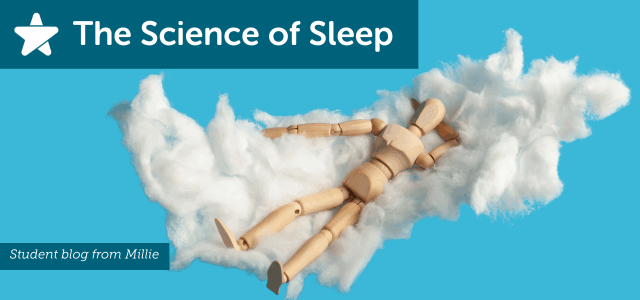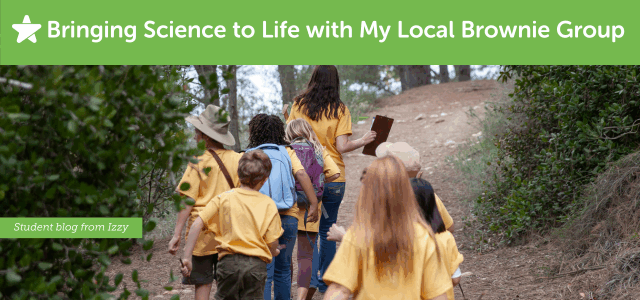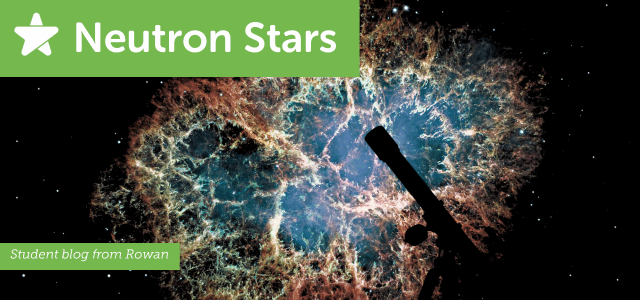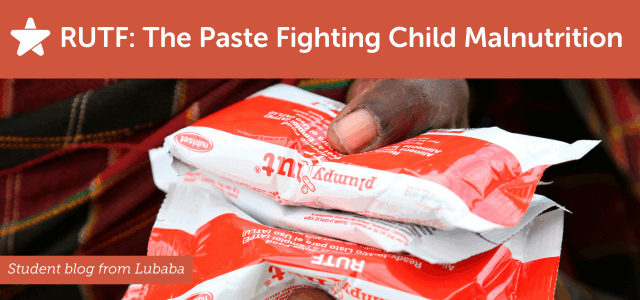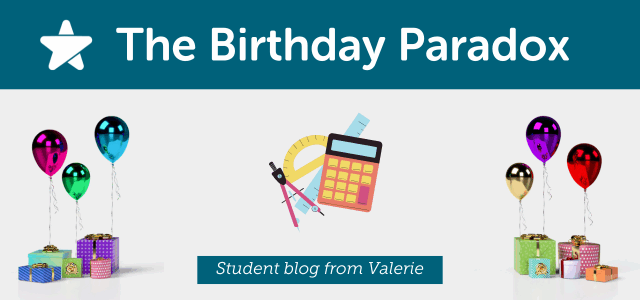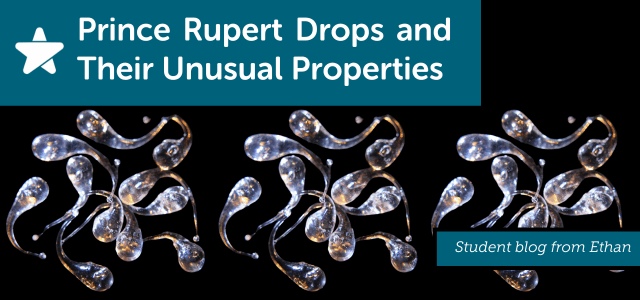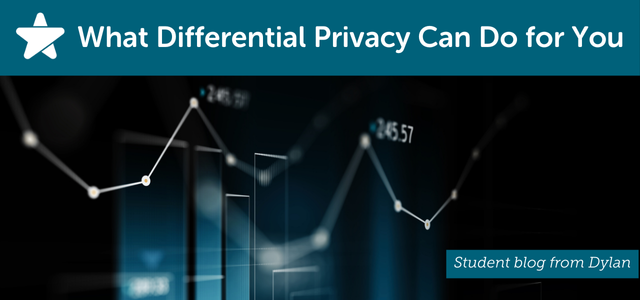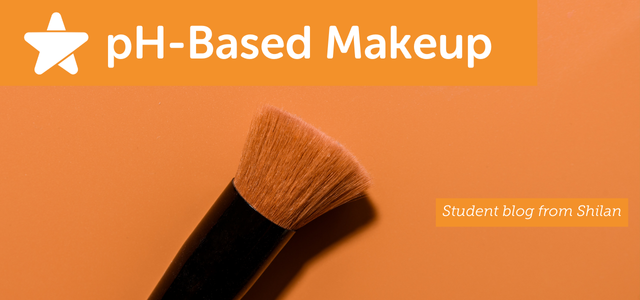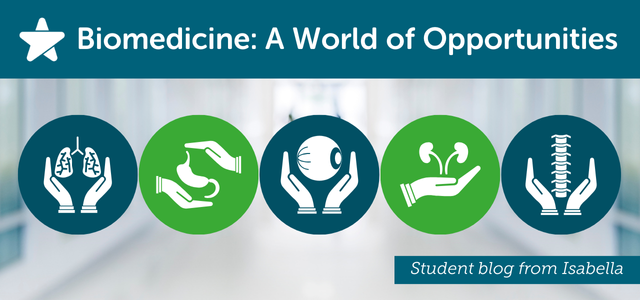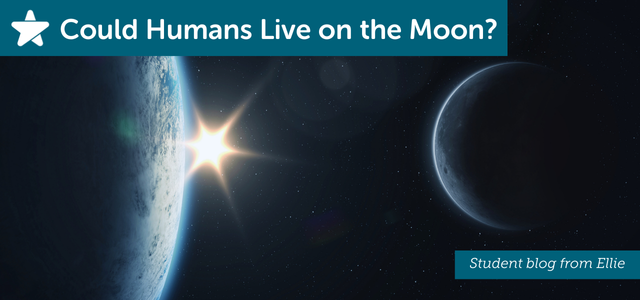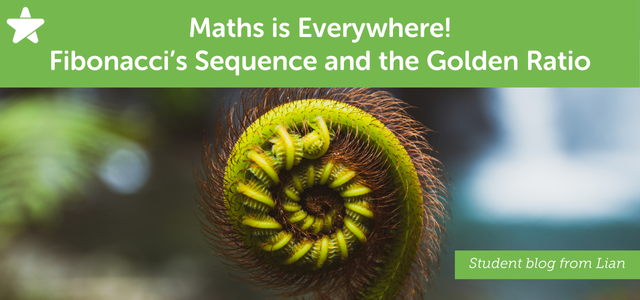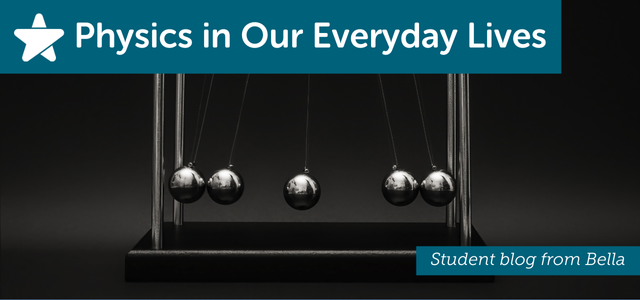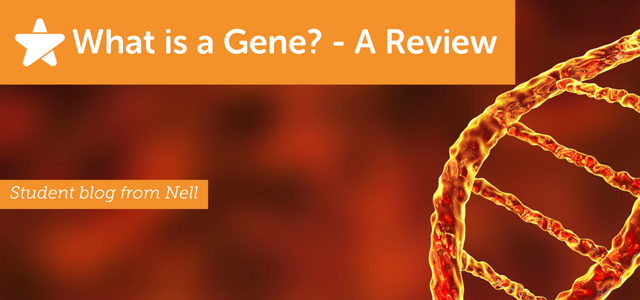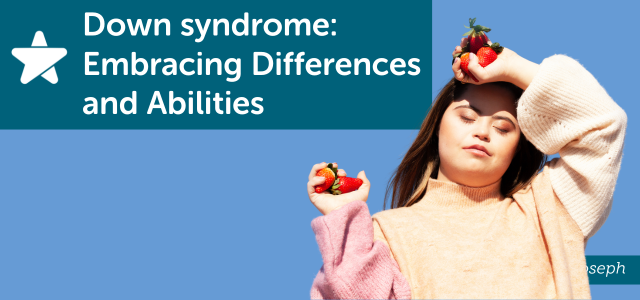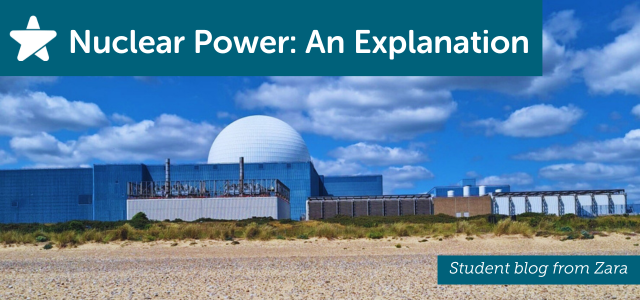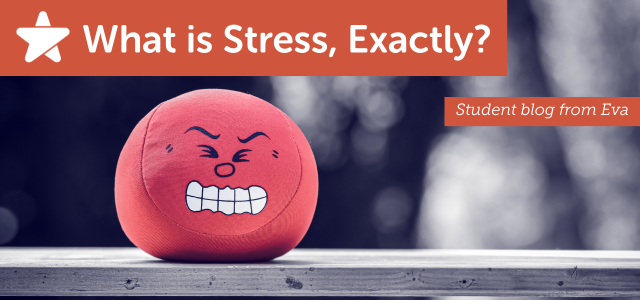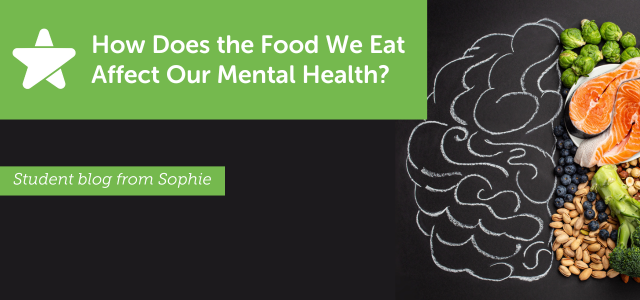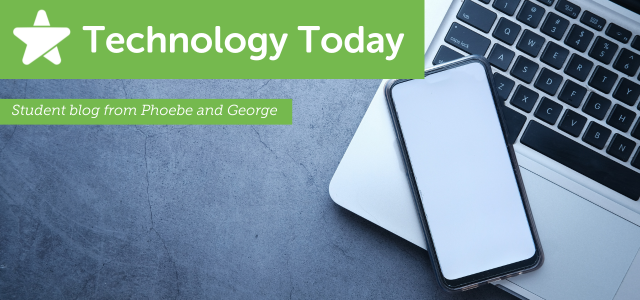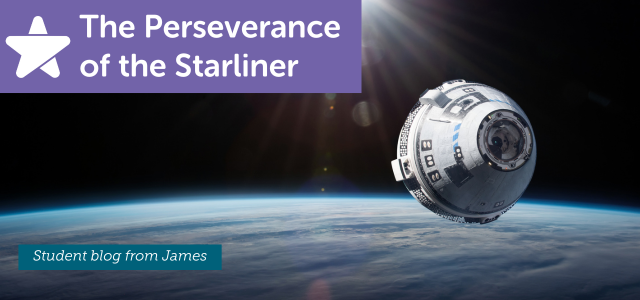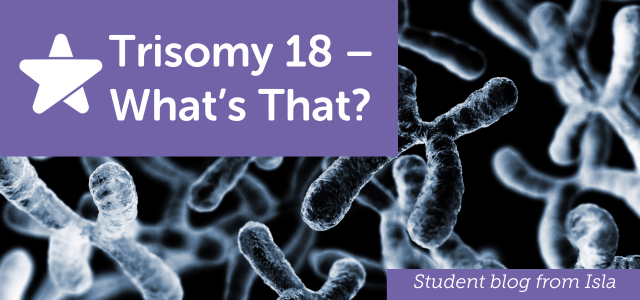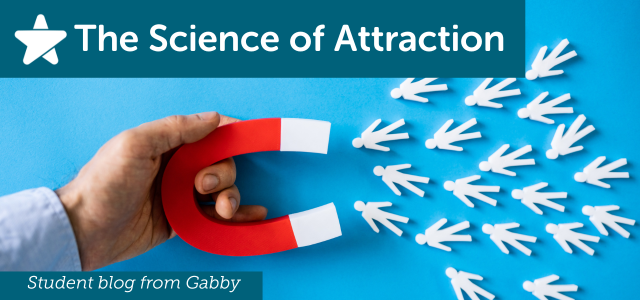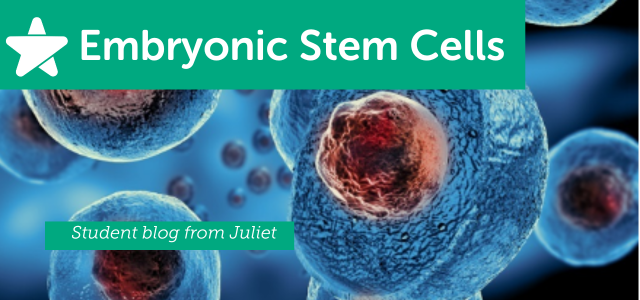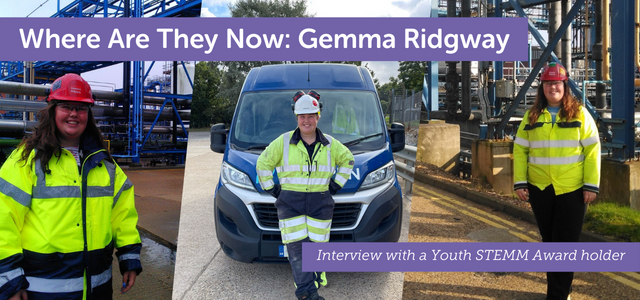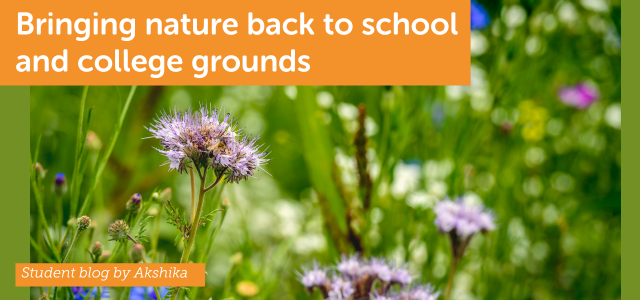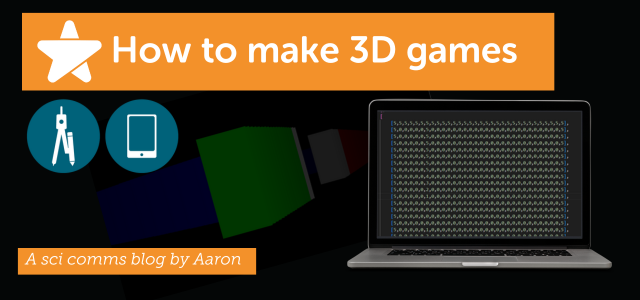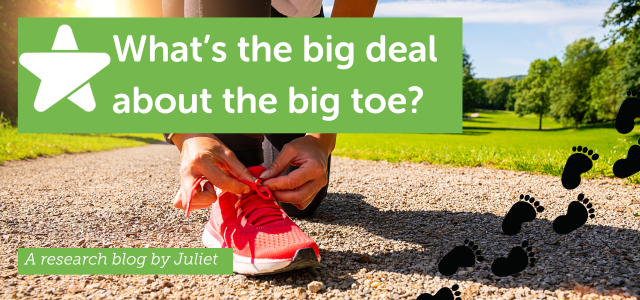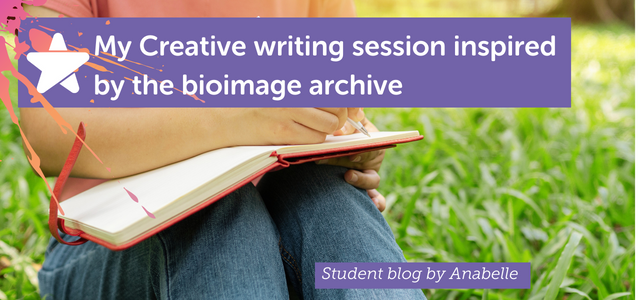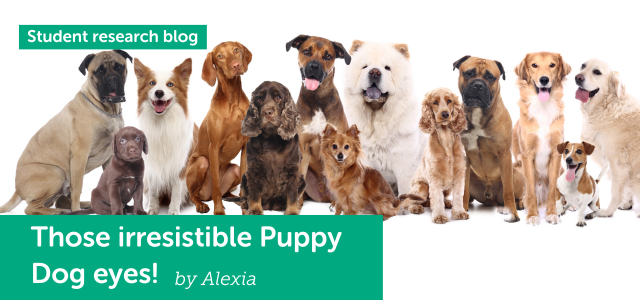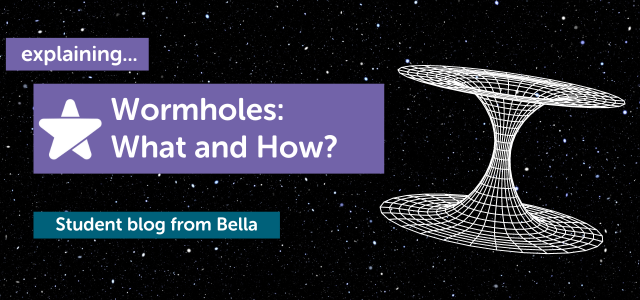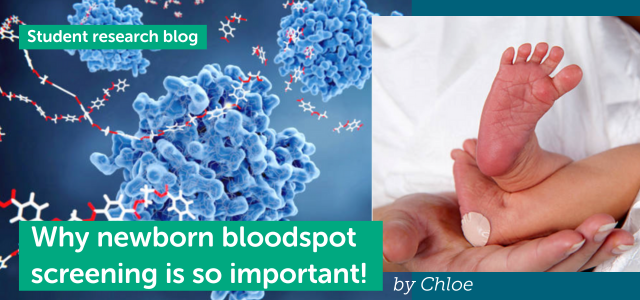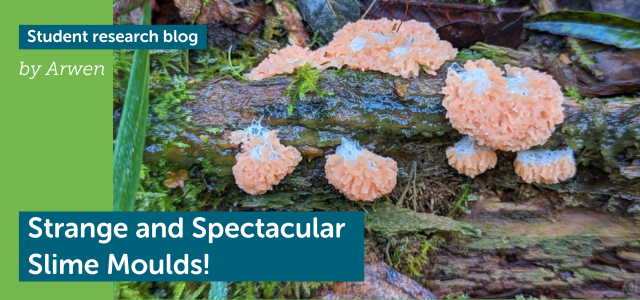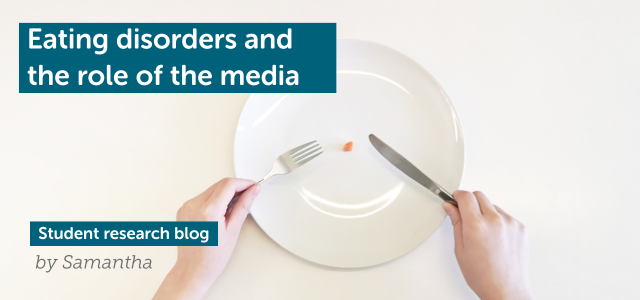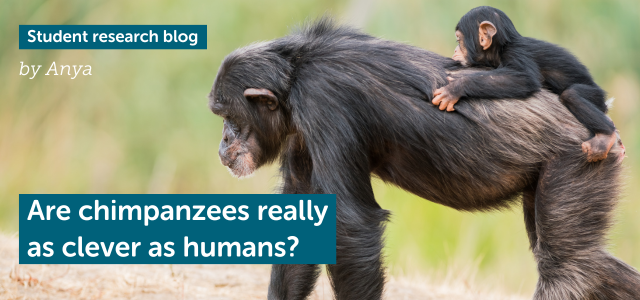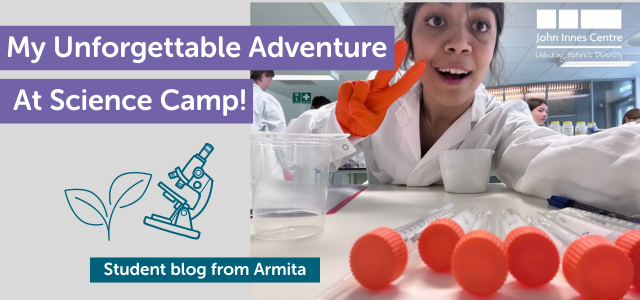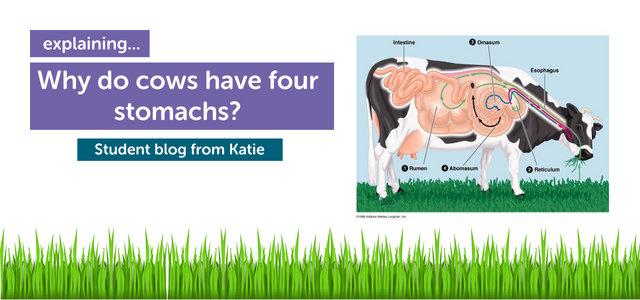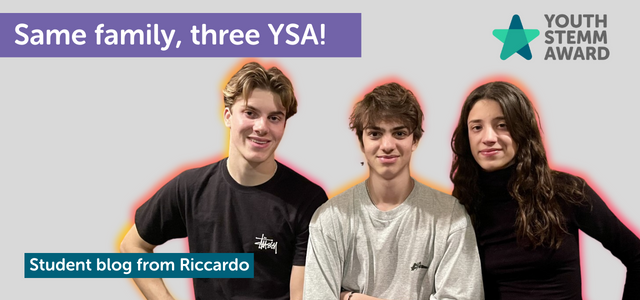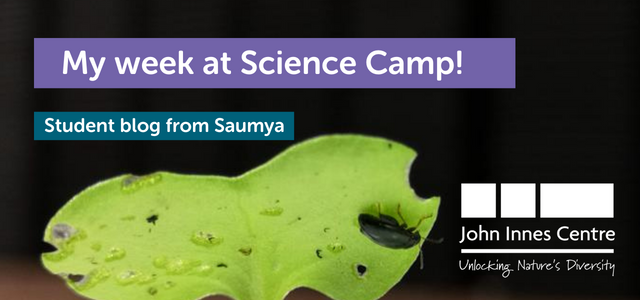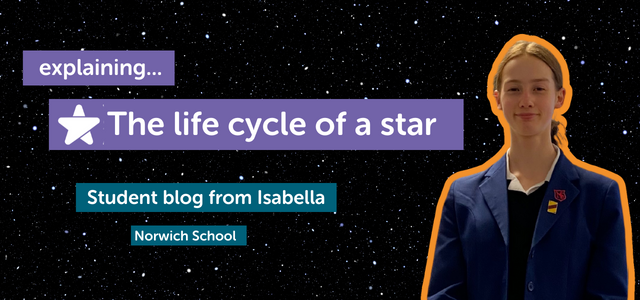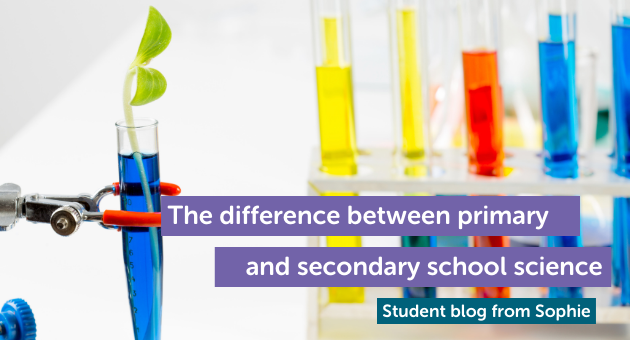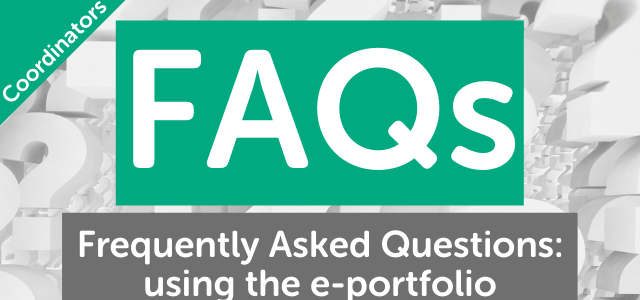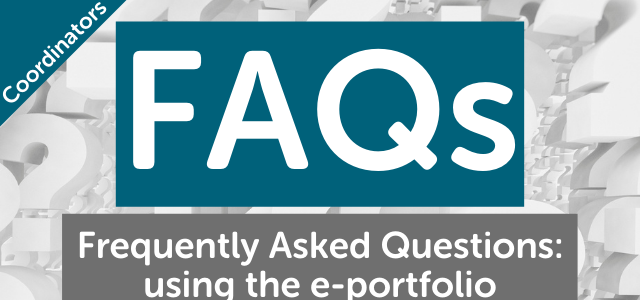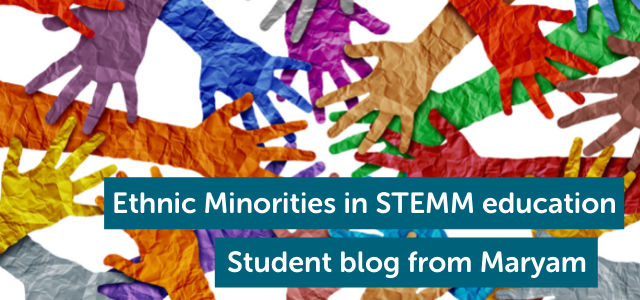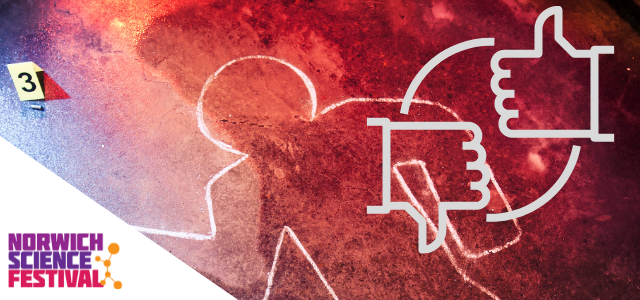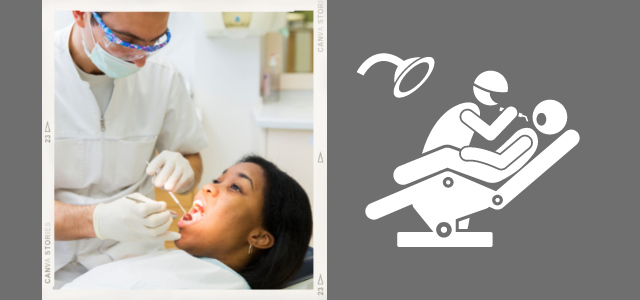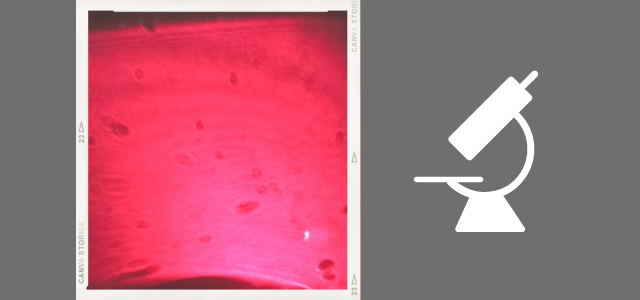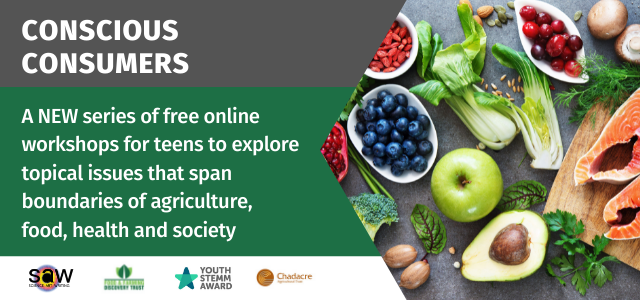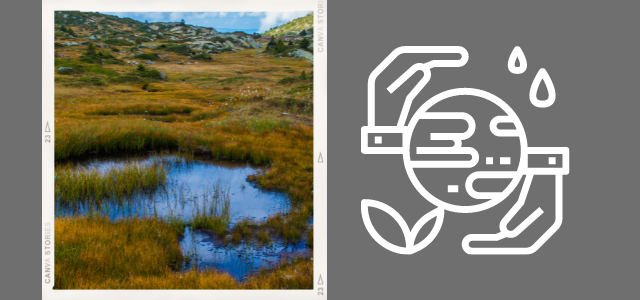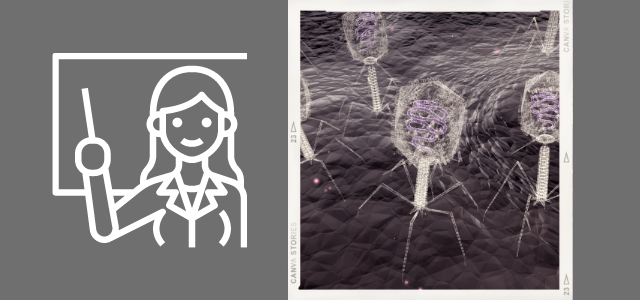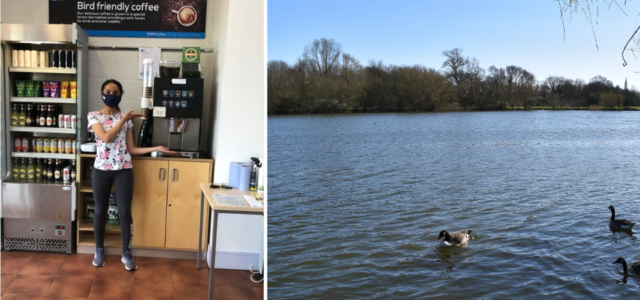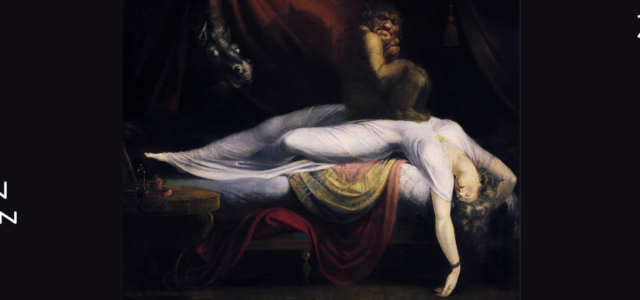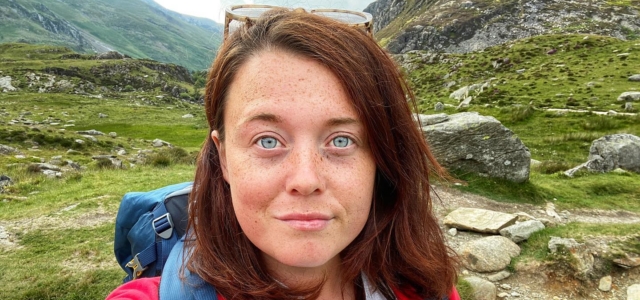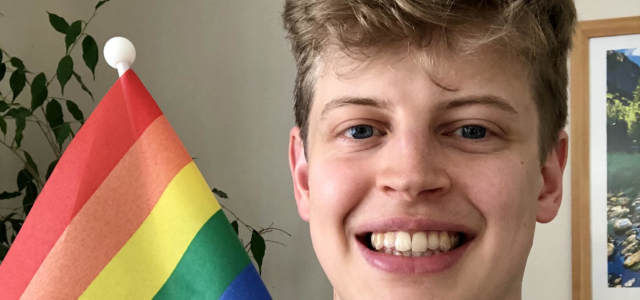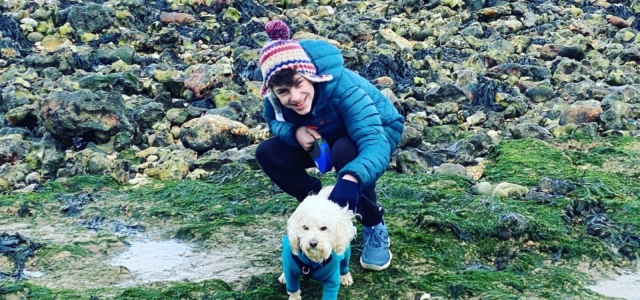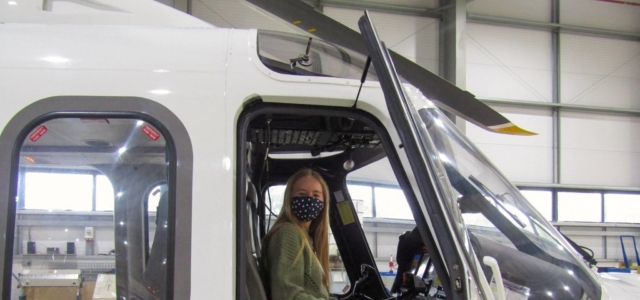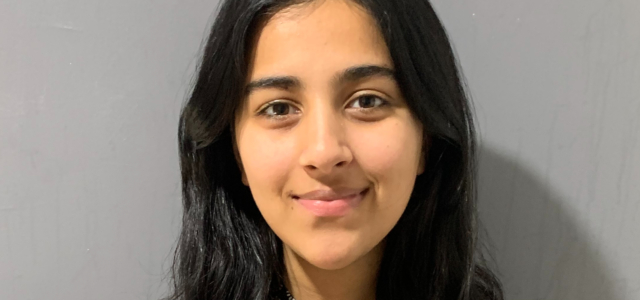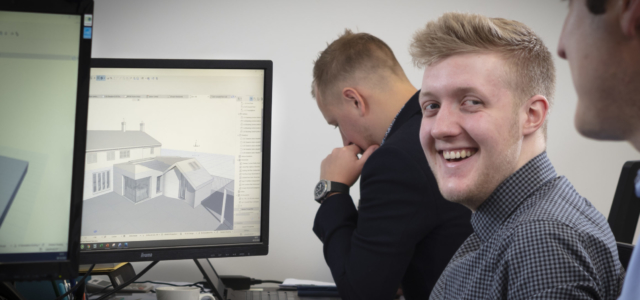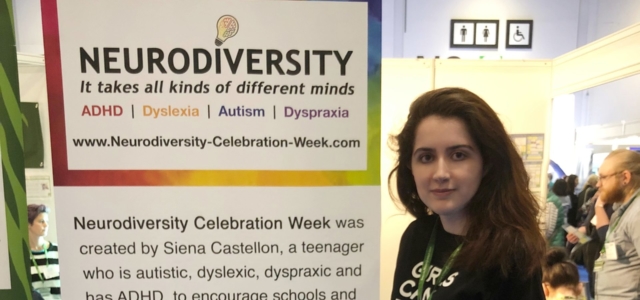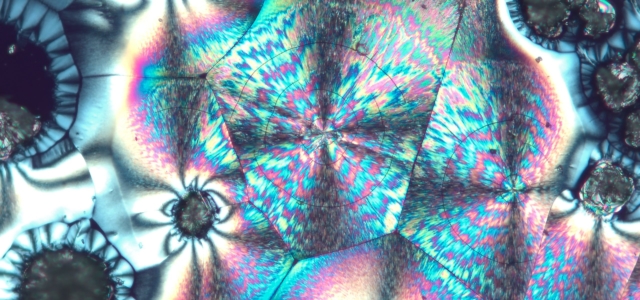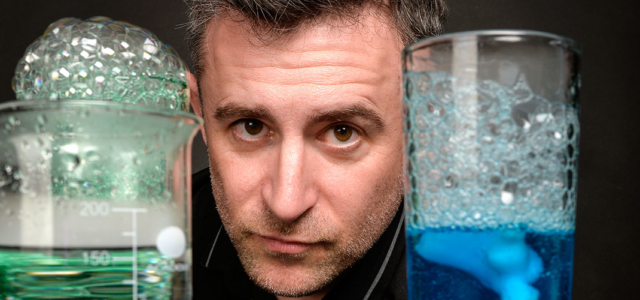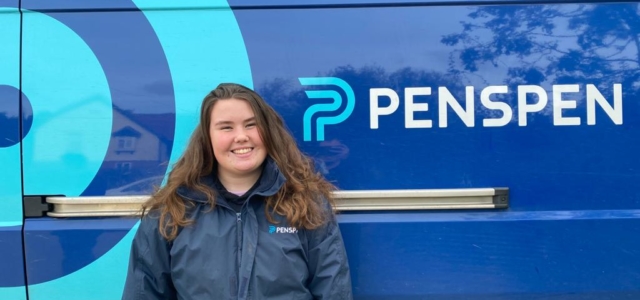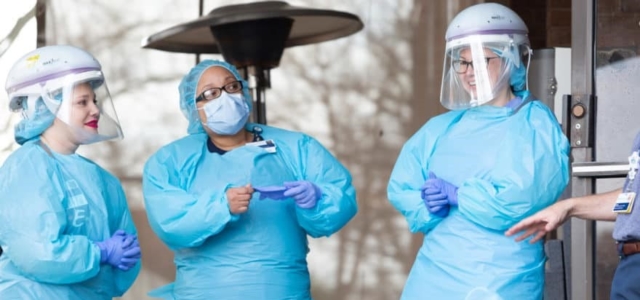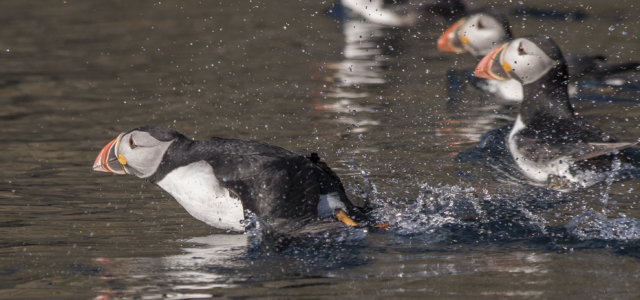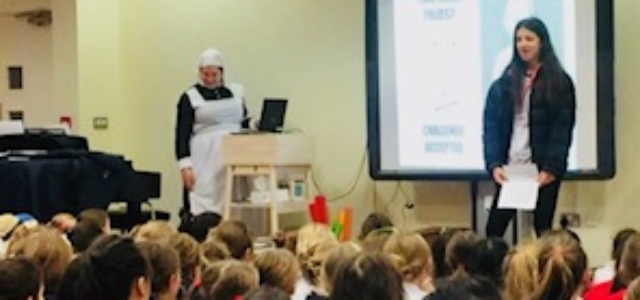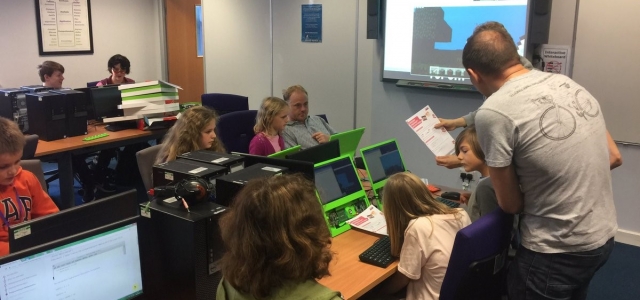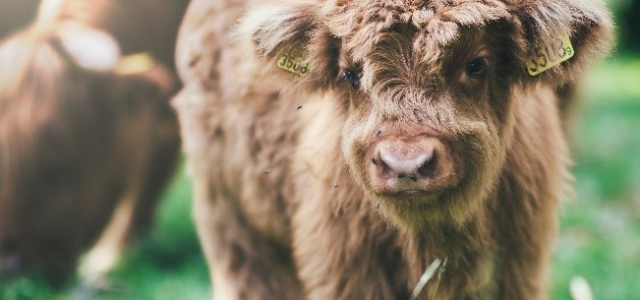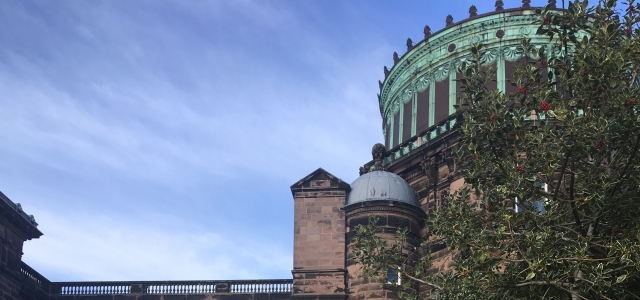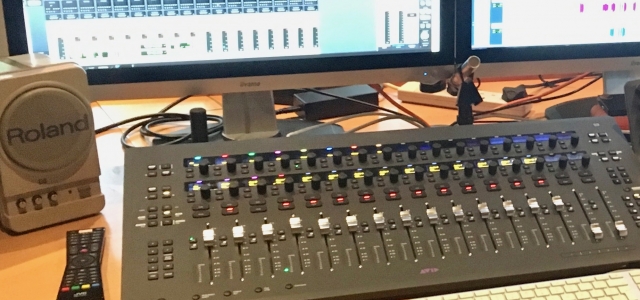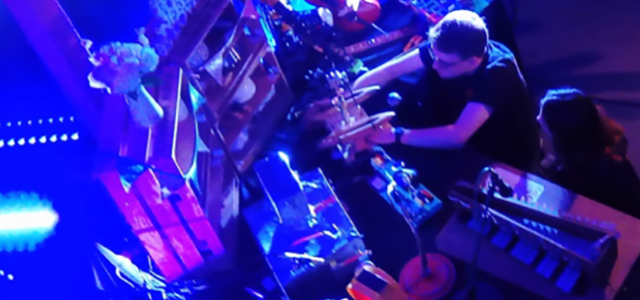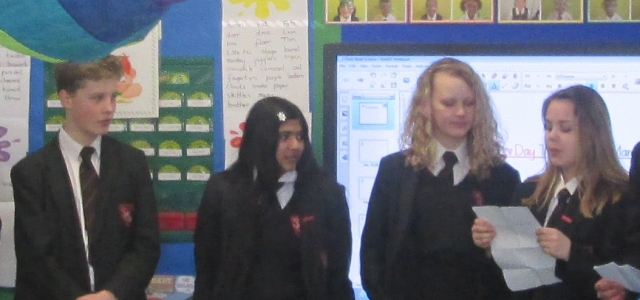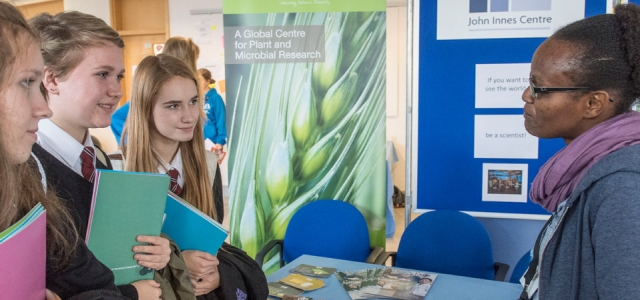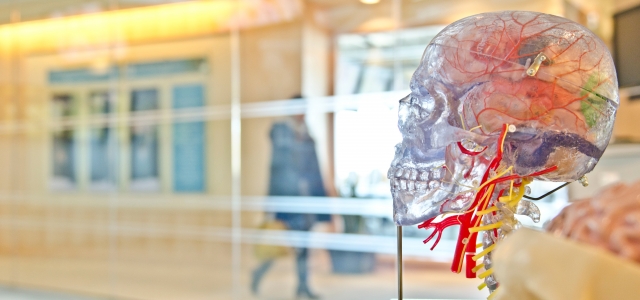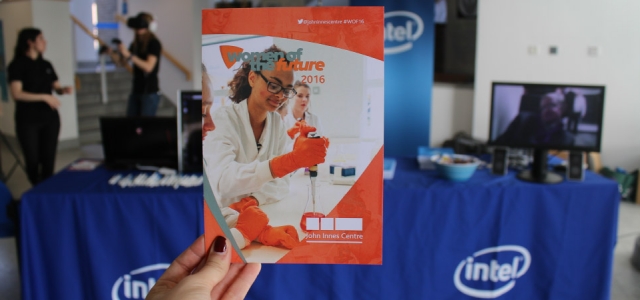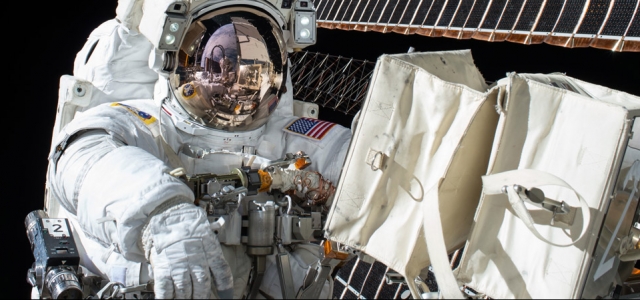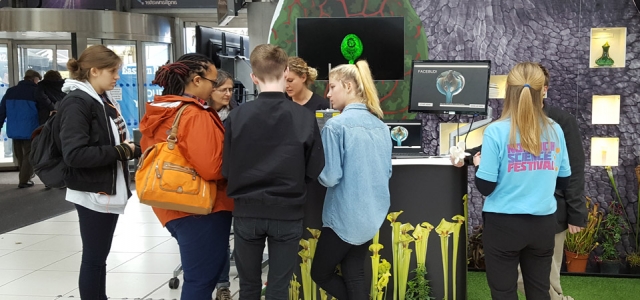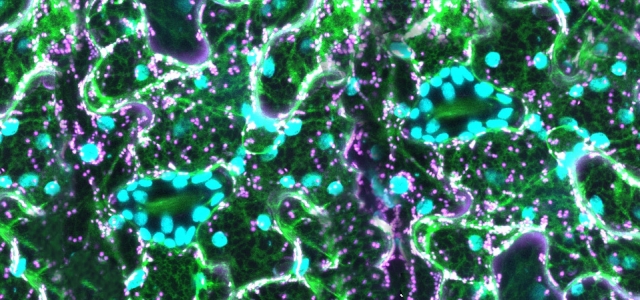We recently caught up with Siena, one of our fantastic YSA Alumni. We asked her about her STEM journey, including her YSA experience and found out more about her amazing foray into global youth leadership, what drives her to make a difference and what the future holds.
Setting the Scene:
Which secondary school and or college did you attend?
I took my A-levels at Campbell Harris.
When did you complete your Youth STEMM Award and at what level(s)?
I completed my Gold Youth STEMM Award in June 2018.
What did you go on to study in further or higher education and where did you study or train?
I am currently taking a gap year. I had a place to study materials science at Imperial College. However, given the uncertainty caused by the pandemic I decided to decline the offer. I have since also had a change of heart and now plan to study physics. I have applied to Oxford and Imperial, as well as MIT, Stanford, Princeton, Caltech and Harvard.
What is your current role and who do you work for?
I am using my gap year to deep dive into lots of projects. I was recently selected by the United Nations to be one of their 17 Young Leaders for the Sustainable Development Goals (SDGs). This role has given me an opportunity to be actively involved on many global initiatives that are addressing education, gender and disability equality.
I am also expanding Neurodiversity Celebration Week, an initiative I launched to change stereotypes and misconceptions about autism and learning differences. I currently have over 850 schools and over 580,000 students from around the world taking part. I hope to have many more for Neurodiversity Celebration Week 2021.
I am continuing my peer outreach work for the Greater London Authority. Due to the pandemic, our work has shifted to providing virtual support to youths who are struggling to cope with the uncertainty and social inequalities caused by Covid-19.
I am writing a second book that compliments my first book. My book – The Spectrum Girl’s Survival Guide: How To Grow Up Awesome and Autistic – was published in March; the same week that we went into lockdown. I was certain that the unfortunate timing would relegate my book into oblivion. But, to my surprise it’s a bestseller on Amazon. My book is the first book that has been specifically written for autistic girls by someone who is autistic. Most books are written for autistic boys and so, neglect to address many of the unique challenges that autistic girl’s face. I wanted to change this so that autistic girls stopped feeling like their needs were being overlooked and ignored.
Finally, I am providing GCSE maths and physics tutoring to disadvantaged youths. As someone who is passionate about STEMM, I want to ensure that I play a role in encouraging girls to pursue careers in STEMM. Sadly, there is still such a huge gender disparity in the fields of physics and maths. I worry that the disruptions to education caused by Covid-19 will exasperate the gender disparity in STEM even further. I am getting involved in initiatives to address this.
Which area(s) of STEMM do you most relate to in your role?
In terms of STEMM, I focus on giving talks about the importance of embracing neurodiversity and gender equality in STEMM. I have given talks at Imperial College, the Stanford Neurodiversity Summit, The Royal Society, The Francis Crick Institute and in Parliament. Most recently I spoke at the first ever virtual Youth STEM Summit, a youth-led initiative. I have also been interviewed in the March 2020 edition of the New Scientist.
Exploring the Career:
What do you enjoy most about your role?
I was bullied at school for most of primary and secondary school. I was forced to leave two schools due to bullying, which significantly disrupted and jeopardized my education and negatively affected my mental health. All of my bullying experiences had a common theme in that my schools took the approach of disbelieving me and blaming me, because I was different.
A few years ago, I had no voice and no power. I was blamed for being abused and told to be silent. I resolved to use my helplessness as motivation to bring about change. It is almost unimaginable that a few years later I am working with the United Nations to raise awareness of the inequalities, discrimination and prejudices that people like me face. It is empowering to be able to help so many people by sharing my experiences and using my voice to shine a light on issues that affect so many lives across the world. It goes to show that anything is possible, no matter how hopeless it may seem.
What piece of advice would you give your younger self?
I’ve been passionate about maths from a young age. However, unlike my male classmates, my teachers didn’t nurture or recognise my ability. Throughout primary and secondary school I was subjected to micro-sexist comments by classmates and teachers. For example, in one of my first A-level physics lessons in Year 12, my male physics teacher told us that girls aren’t as good at physics and that we wouldn’t do as well as the boys on our A-levels. It’s shocking to me that these type of sexist and antiquated comments are still being expressed in classrooms in 2020.
In Year 10 I had been placed in the middle sets in science and was often falsely criticised for not grasping scientific concepts. I left that setting, and at my new school, they immediately placed me in the top sets in Year 11 and registered me to take my IGCSEs in maths, physics, chemistry and biology a year early, giving me four months to prepare. I rose to the challenge. I got four A*s. But more importantly, it was the first time that my teachers had seen by potential, had supported me and hadn’t expected me to take a back seat to the boys in the class.
I would advise my younger self to stand strong in the face of sexism. Don’t doubt your abilities. Don’t question whether you belong. Don’t be discouraged or dissuaded. If you want to be scientist, go for it. Don’t let antiquated mindsets and sexism hold you back.
YSA and You:
Why did you get involved with the YSA in the first place?
After years of bullying, I decided to attend a sixth form that focused on exam resits, instead of the conventional high school experience. As a consequence, the sixth form didn’t offer any extracurricular activities or clubs. The YSA gave me an opportunity to expand my STEM education and skills beyond the confines of the classroom and GCSE curriculum.
What was the best thing about taking part in the YSA?
Since my family are not scientists, I didn’t have any role models or any guidance to help me to explore a career in STEMM. YSA really helped to inspire me to pursue my love of physics and maths.
What did taking part in the YSA help you to achieve?
Taking part in YSA helped me to decide to pursue a career in physics. I chose to take A-levels in physics, maths, and further maths. Despite all the disruptions to my education and the A-level exams chaos caused by the pandemic, I’m proud to say that I got three A*s. I am looking forward to studying physics at university, where ever that may be.
What piece of advice would you give to young people of today?
Never underestimate the power you have to make a positive difference.

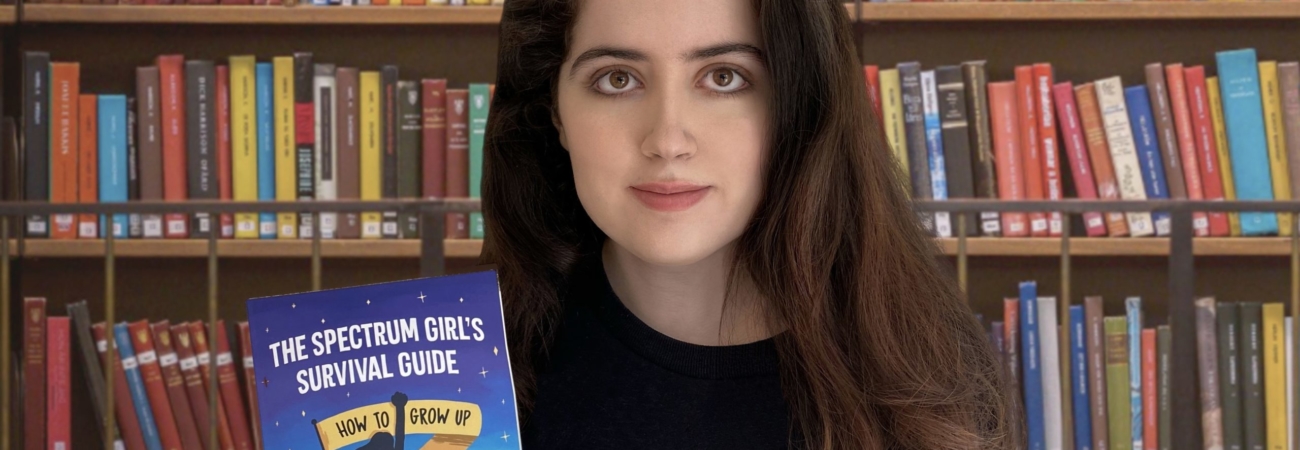
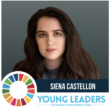 At just 18-years old, Siena Castellon is a passionate anti bullying campaigner and neurodiversity advocate. She is a BBC Radio 1 Teen Hero, was recently selected by the United Nations to be one of their 17 Young Leaders for the Sustainable Development Goals, and is author of The Spectrum Girl's Survival Guide.
At just 18-years old, Siena Castellon is a passionate anti bullying campaigner and neurodiversity advocate. She is a BBC Radio 1 Teen Hero, was recently selected by the United Nations to be one of their 17 Young Leaders for the Sustainable Development Goals, and is author of The Spectrum Girl's Survival Guide.
